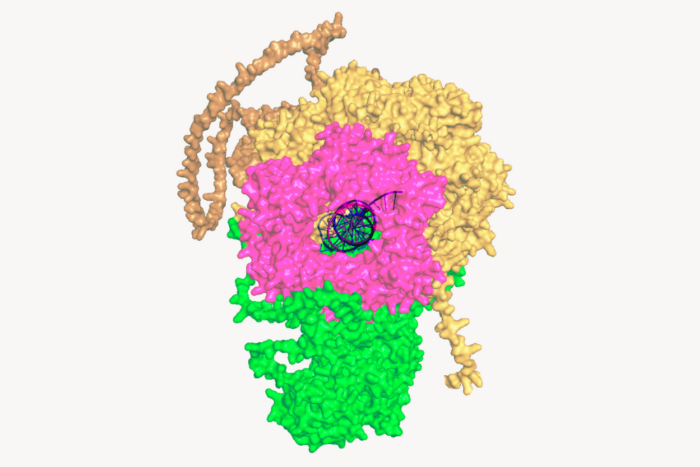University receives accreditation for its human research protection program
The Rockefeller University has received accreditation from The Association for the Accreditation of Human Research Protection Programs, Inc. (AAHRPP), a program that recognizes research organizations’ commitments to providing strong safeguards on behalf of human research participants. Considered the “gold seal” for human subject protection programs, AAHRPP accreditation is the research field’s primary vehicle for setting uniform, high standards across the research enterprise in both the private and non-profit sectors. Over 225 organizations, including hospitals, universities, corporations and research institutes have an AAHRPP accreditation.

Clinical protection. A Rockefeller University Hospital nurse obtains informed consent from a research subjec
“We are pleased that Rockefeller University has been accredited by AAHRPP,” says Emil C. Gotschlich, R. Gwin Follis-Chevron Professor
Emeritus at Rockefeller and consulting senior physician at The Rockefeller University Hospital, who led the effort to secure accreditation. “This accreditation provides evidence that the university at large takes human research protection seriously.”
An independent, non-profit accrediting body, AAHRPP uses a voluntary, peer-driven, educational model to ensure that human research protection programs meet rigorous standards for quality and protection. To earn accreditation, organizations must provide tangible evidence — through policies, procedures and practices — of their commitment to scientifically and ethically sound research and to continuous improvement.
The yearlong accreditation process, says Gotschlich, included a review of the university’s program and a two-and-a-half-day-long site visit. The university can seek reaccreditation in three years, and again in five-year intervals after that.
Research on human subjects has been going on at the university since 1910, when the Rockefeller Hospital was established. The university later formed an institutional review board, in accordance with the National Research Act of 1974, charged with ensuring the safety of the hospital’s patients. The IRB formalized informal procedures already in place that assured the protection of human subjects. Among its responsibilities, the IRB ensures that researchers have been educated in the regulations dealing with human subjects and know how to apply them.
“Ethical standards have always been of the utmost importance in our work at the Rockefeller Hospital,” says Gotschlich, who chairs the IRB. “Making the protection of the rights and safety of the research volunteers a top priority is what has allowed clinical research to flourish at Rockefeller.”


